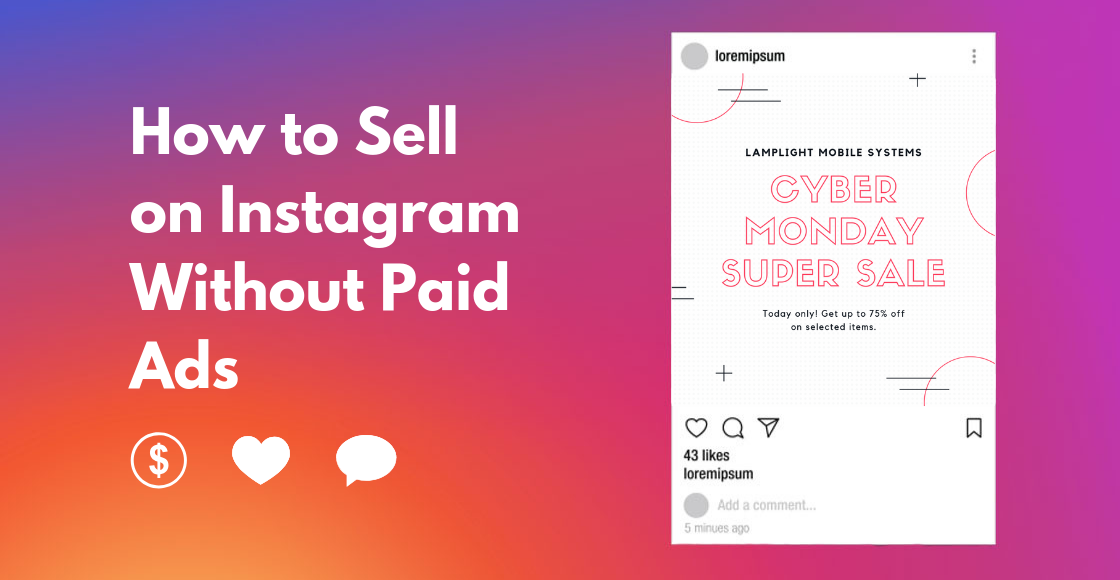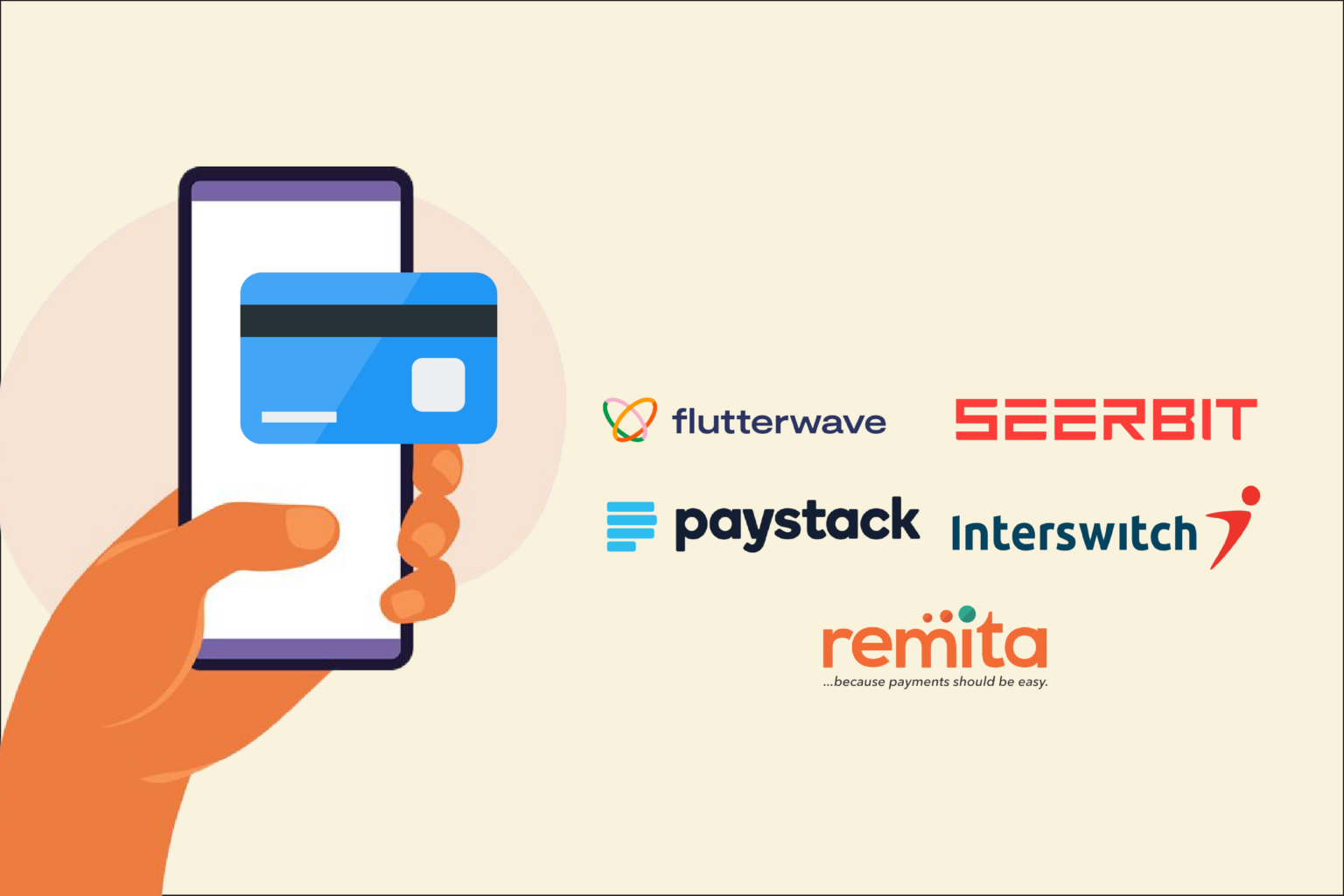If you’ve ever sold something online, whether it’s hair, clothes, shoes, gadgets, herbs, or even small chops, you’ll notice one pattern: getting new customers feels exciting, but getting them to come back? That’s the real battle. And truth be told, most online sellers are losing that fight.
In today’s African eCommerce scene, especially in Nigeria, Ghana, Kenya, and South Africa, we’ve mastered the art of first sales through hustle, social media ads, and word of mouth. But once that customer buys and goes… many never return. Why?
Let’s break it down.
Too Much Focus on First-Time Sales
Many online sellers are wired to focus heavily on the first transaction. We stress over how to close that first deal. We spend hours on nice product photos, write “DM for price,” offer urgent discounts, and sometimes even take losses just to close a sale.
But what happens after that?
Most people forget that the real money in business is not in the first sale. It’s in the second, third, fourth, and forever sales. Without a system to nurture the customer after that first transaction, you’ll keep restarting the hustle every single day.
You can’t grow a business on first-time customers alone. It’s like fetching water with a basket.
No Emotional Connection
Let’s be honest. African buyers don’t just buy products. They buy relationships. They buy stories. They buy energy. If you sound too robotic or transactional, customers may not feel drawn to you again.
People buy from people they trust, like, or admire. If all your posts and messages sound like “Buy now or miss out,” “Promo ends today,” “Limited stock available,” with no human vibe, they will buy once and never remember you.
Business is human. Don’t be shy to show personality, humor, gratitude, or even share personal updates occasionally. The more you feel like a real person, the more they’ll come back, even just to check on you.
Logistics and Delivery Challenges
Let’s talk about the elephant in the room: logistics. In many African countries, delivery can be a nightmare. Bad roads, unreliable couriers, and high shipping costs can make it hard to get products to customers on time. If a customer in Kampala orders from you and their package takes weeks to arrive, they’re not going to be thrilled about ordering again.
Work with reliable logistics partners and be upfront about delivery times. If it’s going to take a week, say so. If there’s a delay, communicate it early. Offering tracking options can also help customers feel more in control. Some sellers even partner with local motorbike delivery services for faster, cheaper shipping in cities like Lagos or Nairobi.
Another tip is to offer flexible delivery options. For example, allow customers to pick up their orders at a nearby store or market stall if that’s more convenient. This can save them money and make them more likely to shop with you again.
No Customer Service Culture
Most African online sellers are not running businesses. They’re just doing “try your luck” trade. No receipts, no follow-up, no apology when things go wrong. Once the customer pays and collects the goods, it’s case closed.
But customers remember how you make them feel, especially when issues arise.
Did you respond with empathy?
Did you offer a solution?
Did you apologize or argue?
Did you even follow up after they received their item?
If you treat every complaint like an attack or you ghost them after delivery, you’re killing your long-term money quietly.
No Retargeting or Follow-Up Strategy
Here’s a harsh truth: people forget you exist. No matter how good your product is, if you don’t show up again, they move on.
Most sellers don’t even have a customer list. No follow-up messages. No simple “Hope you’re enjoying your last order” text. No email. No WhatsApp broadcast. Nothing.
Imagine buying something from someone and never hearing from them again. That seller will fade out of your memory like a song from 2018.
Retention requires deliberate effort. Set reminders to follow up. Add them to a customer group. Create a weekly or monthly newsletter. Even a simple “Happy New Month” message works wonders. Just stay in their space.
Inconsistent Quality or Experience
You know that feeling when your first order was amazing but the second one was a total letdown?
Many online sellers don’t have standardized quality. They buy from different suppliers, switch vendors anyhow, or cut corners once sales increase. That inconsistency scares people away.
If your first batch of shea butter was thick and fresh, but the next one was watery and light, don’t be shocked if your buyer disappears. People want to trust your brand. They want to believe they’ll get the same quality every time.
Consistency is brand magic. If your experience keeps shifting, your customers will too.
Too Many Hidden Costs
Let’s face it. A lot of buyers are frustrated because the final bill is always different from what they expected.
You say a product is 5k, but at checkout they’re hit with:
- ₦2,500 delivery fee
- Extra packaging fee
- Handling charge
- Transfer surcharge
- And “small logistics something”
That’s a total of ₦8,000 for a ₦5,000 product.
If your pricing isn’t transparent from the start, customers feel cheated. Even if they buy once, they’ll avoid you next time. Not because your product is bad, but because your billing gave them a headache.
Honesty wins in the long run.
Delivery Wahala
One thing that can kill your repeat business faster than bad customer service is a bad delivery experience.
You may not control the rider, but the customer blames you. If the delivery man is rude, late, calls 20 times, or tells them to “come downstairs or forget it,” that customer might never return.
Many online sellers don’t even know what their riders are doing or saying. Some don’t update the buyer. Some delay shipping. Some pack products poorly. Some don’t even confirm addresses correctly.
Every delivery is part of your customer experience. If it goes wrong, you’re out of the game.
No Loyalty or Reward Program
People love to feel special. Yet most online sellers make no effort to reward loyal customers.
Even something small like:
- “You’ve bought from us 3 times, here’s a free gift”
- “Thanks for your trust, enjoy free delivery this time”
- “Refer a friend and get ₦500 off”
…can make someone feel valued.
Loyalty is not just about points. It’s about appreciation. If you make a customer feel like just another number, they’ll act like one and disappear.
But if you make them feel noticed, they’ll promote you for free.
You Don’t Educate or Entertain
Selling every day gets tiring, for both you and your audience. If all your posts are just “Buy this, buy that,” people will tune out.
Your customers want more than products. They want entertainment, education, and lifestyle content too.
If you sell hair, teach how to maintain it.
If you sell food, share healthy tips or funny videos.
If you sell skincare, explain the ingredients or show before-and-after journeys.
Make your page worth visiting even when they’re not buying. That way, when it’s time to buy again, you’re already on their mind.
Failing to Stay Top of Mind
Even if a customer loves your product, they might forget about you if you don’t stay in touch. Life is busy, and with so many brands vying for attention, it’s easy for customers to move on. Many online sellers don’t do enough to stay top of mind after the sale.
Email marketing is a great way to keep in touch. Send regular updates about new products, special offers, or tips related to your niche. For example, if you sell haircare products in Abuja, share a monthly newsletter with haircare tips or styling ideas. Just make sure your emails are useful and not spammy.
Social media is another powerful tool. Post regularly, but don’t just push sales. Share content that your audience will find valuable, like how to style your products or fun facts about your business. You can also run giveaways or contests to keep customers engaged and excited about your brand.
Poor Branding or Presentation
People trust brands that look serious. If your page looks like a chaotic blend of Canva designs, blurry photos, and inconsistent fonts, many buyers may not return, even if your product was okay.
Branding is not just a logo. It’s your tone, your photos, your customer reply speed, your packaging, your vibe.
If you don’t have a feel that makes people remember and trust you, they won’t stay.
Clean up your page. Use good lighting. Invest in basic design templates. Reply to messages fast. Talk like someone who takes their business seriously.
Perception is reality online.
No Feedback Loop
How often do you ask your customers for feedback?
A simple “How did you enjoy the last product?” can unlock:
- Improvements
- Testimonials
- Honest insight
- Customer loyalty
But many sellers are scared to ask because they don’t want to hear the truth. That’s a mistake.
People love to be heard. Asking for feedback shows maturity and gives you ideas for growth.
You Don’t Look Like You’re Growing
If you’ve been selling the same thing, the same way, with the same packaging, same captions, same struggles, people may feel like you’re stuck.
Growth attracts attention. Even your existing customers want to feel like they’re supporting something that’s going places.
So show behind-the-scenes updates.
Share your wins.
Talk about your restocks.
Celebrate customer reviews.
Try new things.
Let your growth reflect in your content. People want to be part of something dynamic.
Moving Forward
If you want customers who buy from you more than once, you have to do more than just sell. You need to connect, communicate, and care. It’s not about perfection. It’s about intention.
Start small. Don’t wait to have a full CRM system or Shopify automation. Even a handwritten thank-you note, a follow-up text, or a customer shout-out can shift your entire game.
In Africa, especially in places where online trust is still fragile, relationship-based selling wins over hard-core marketing. Treat each customer like royalty and watch how they keep coming back and bringing their friends too.
Summarized Key Points
- First-time sales are not enough. Repeat customers build real businesses
- Create emotional connections through relatable content and a human tone
- Customer service is not optional. It builds long-term trust
- Follow-up and retarget your customers consistently
- Ensure consistent product quality and pricing transparency
- Fix delivery issues and monitor rider behavior
- Create loyalty programs to reward repeat buyers
- Mix sales content with education, lifestyle, or entertainment
- Improve your branding and online presentation
- Ask for feedback and listen
- Show that your business is growing and evolving



